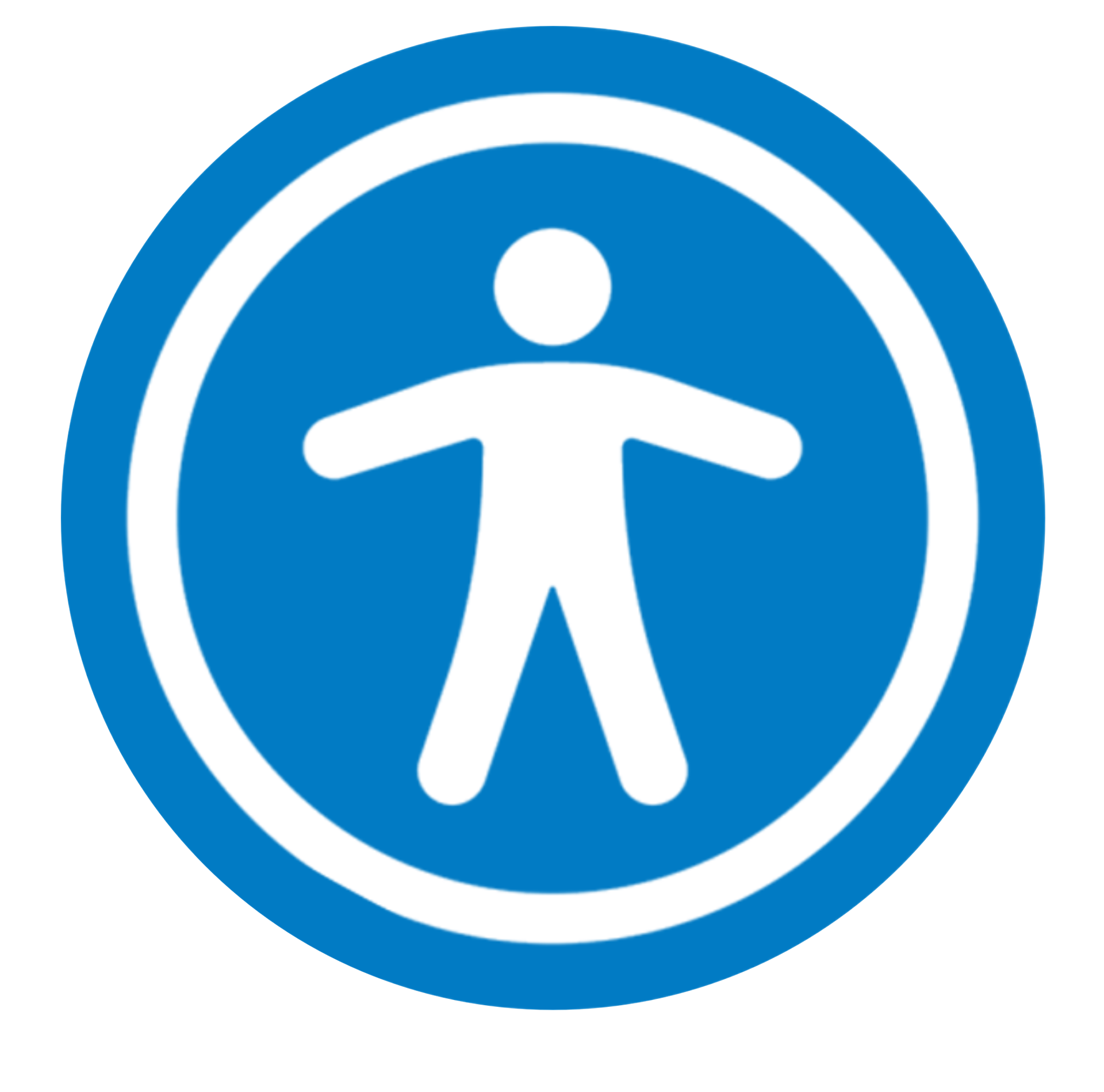You are here: How can I help myself?/cyp/CP-MHS/self-help
SLEEP

Sleep is really important for maintaining good health, both mentally and physically. During sleep many key processes happen: we digest the information and events from the previous day, our brain and body rest and re-energise ready for the next day and our immune system recuperates. Because of this, sleep is essential for functioning well and staying healthy. However, sometimes people experience sleep difficulties which can be linked to mental health problems. Struggling to fall asleep, waking up during the night or experiencing nightmares are some common problems. Insufficient sleep can increase risk of becoming ill and slows the healing of injuries, it can reduce concentration and memory recall, as well as impacting mood regulation making it more likely that people feel anxious stressed or low.
There are some simple changes that can help maintain a good sleep pattern. Developing a bedtime routine is one way to improve the quantity and quality of sleep. Things to avoid just before bed include: strenuous exercise, caffeine, large meals, and screen time. Instead, try to do gentle relaxing activities e.g. reading/meditation, taking a warm shower/bath, and enjoying a hot drink. By sticking to a bedtime routine it helps train the brain to become more relaxed and ready to sleep at night. Sticking to the same sleeping and waking hours each day is also important and avoiding taking naps during the day will positively impact your sleep pattern too.
See the great advice on sleep foundation website.
Can you see on this picture what could be stopping you from sleeping ??

8 ways to sleep well
A good night's sleep is vital for your wellbeing and health. Sleep helps to keep your brain in tip-top shape.
Try the following tips to help:
1) Sleep-friendly bedroom
Have a bedroom that is uncluttered, dark and not too hot
2) Get Regular
Keep regular sleeping hours, then you'll programme your brain and internal body clock into a set routine.
3) No caffeine
Try not to have caffeine after noon, this gives it chance to leave your system before bed time
4) Get active
Regular exercise will tire you out, release tension and help you to sleep better
5) Switch off
The blue light from screens is a major sleep disruptor- switch off at least an hour before bed, this gives your brain a chance to wind down.
6) Relax
Relax before going to bed, warm bath, dim the lights, quiet music
7) Tackle tomorrow
Write a list of things to be tackled the next day to help your brain switch off
8) And breathe....
Breathe in for four seconds, holding for four then out for four to slow your heart rate and quieten your brain activity.
 Suggestions for Parents and Carers
Suggestions for Parents and Carers
We suggest you take a look at this website as at the Sleep Charity they know that there are so many different factors which can affect children’s sleep and they have provided a range of resources and information:
Home - The Sleep Charity
Children - The Sleep Charity
 The Mental Health Foundation has information on how to sleep better, looking at 4 key factors that affect how we sleep: Health, Environment, Attitude and Lifestyle.
The Mental Health Foundation has information on how to sleep better, looking at 4 key factors that affect how we sleep: Health, Environment, Attitude and Lifestyle.
Also, see this Public Health Matters blog by Public Health England on Mental Health and Sleep in teenagers and the MindEd free online training on sleep in teenagers.

